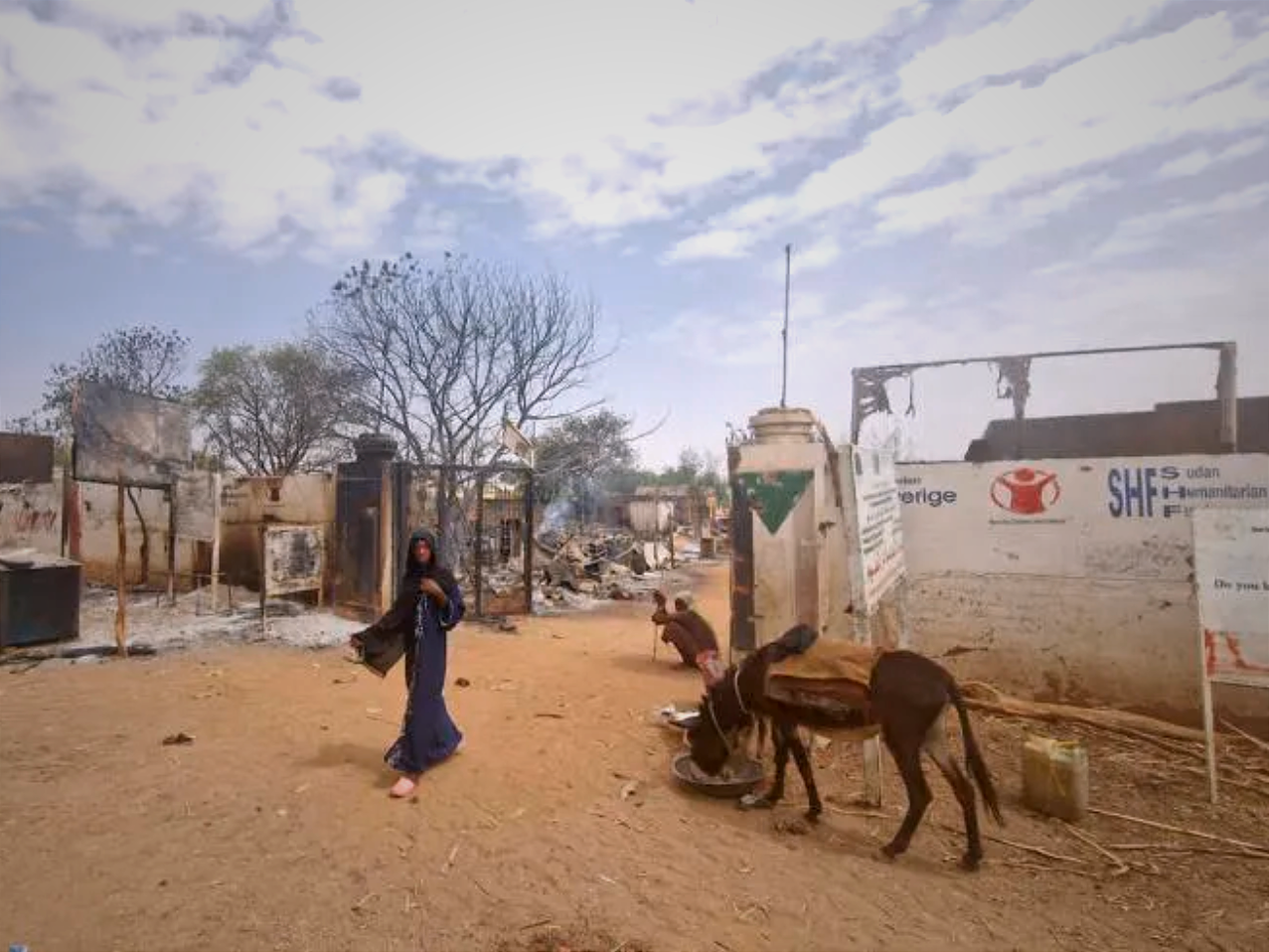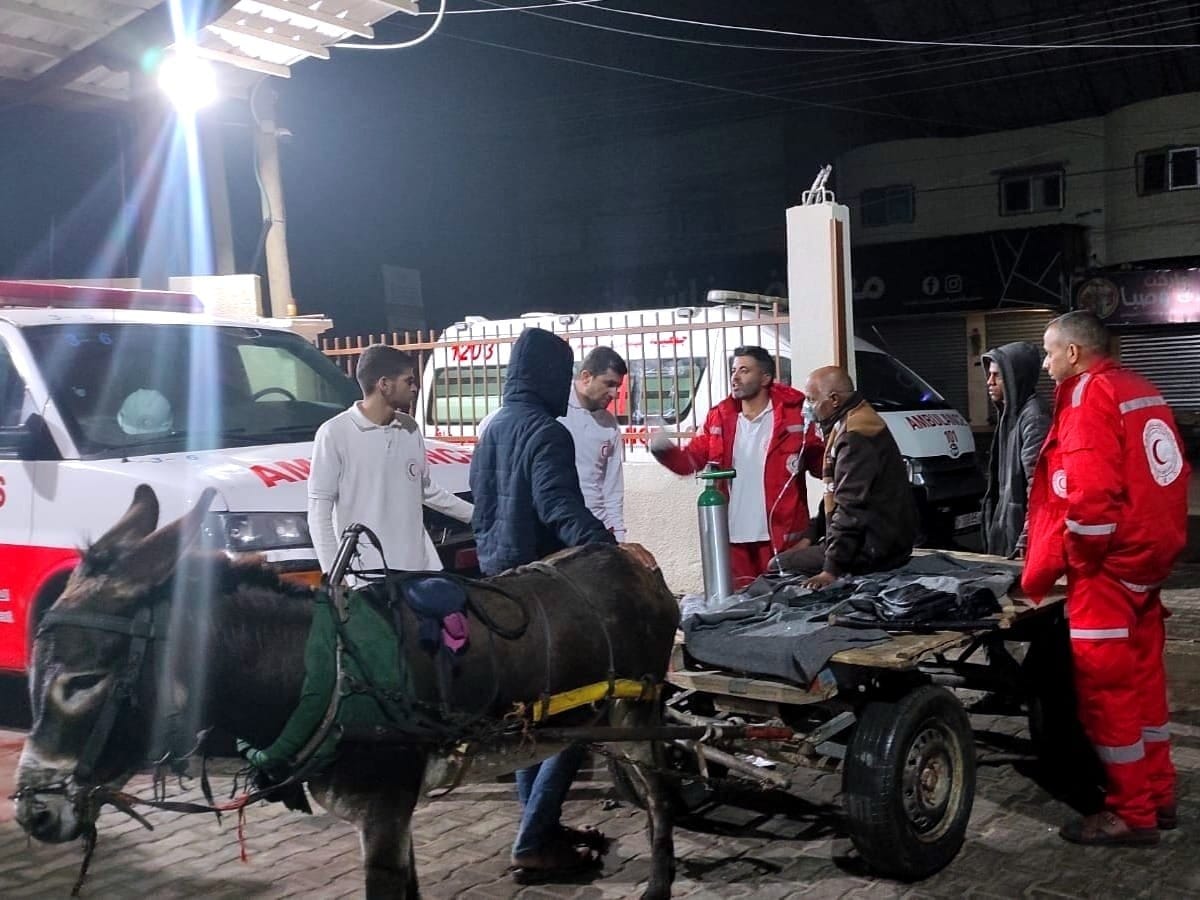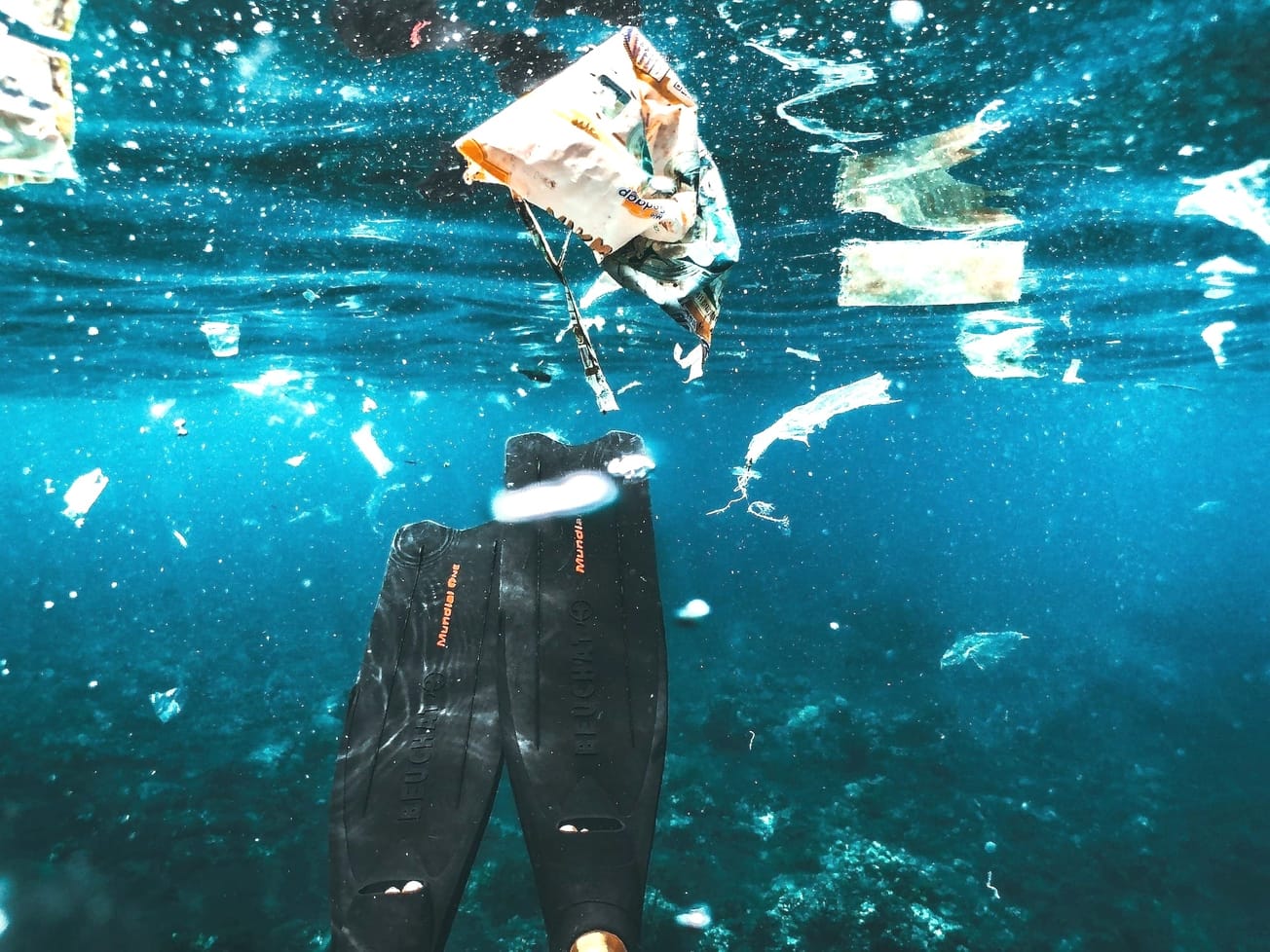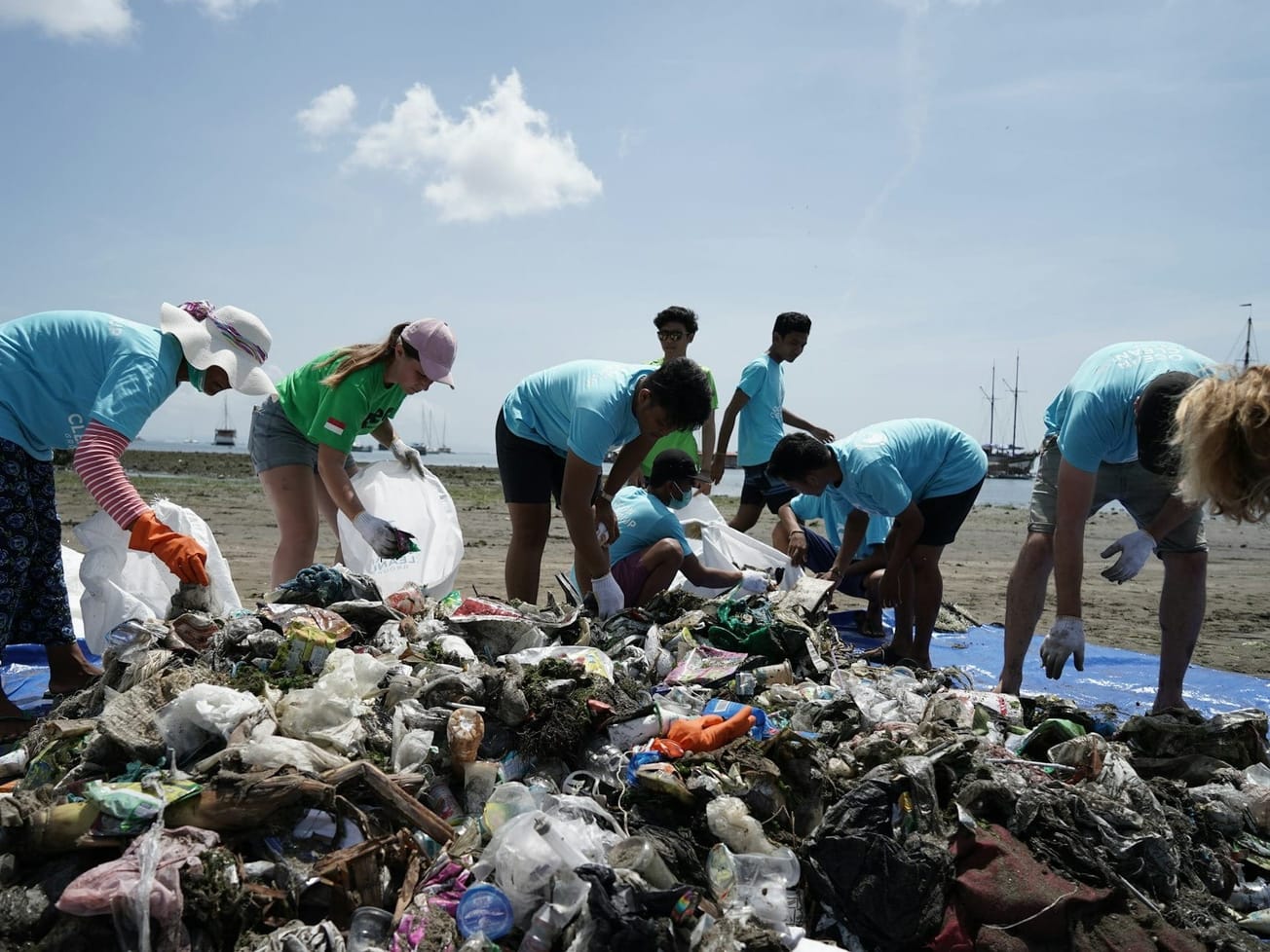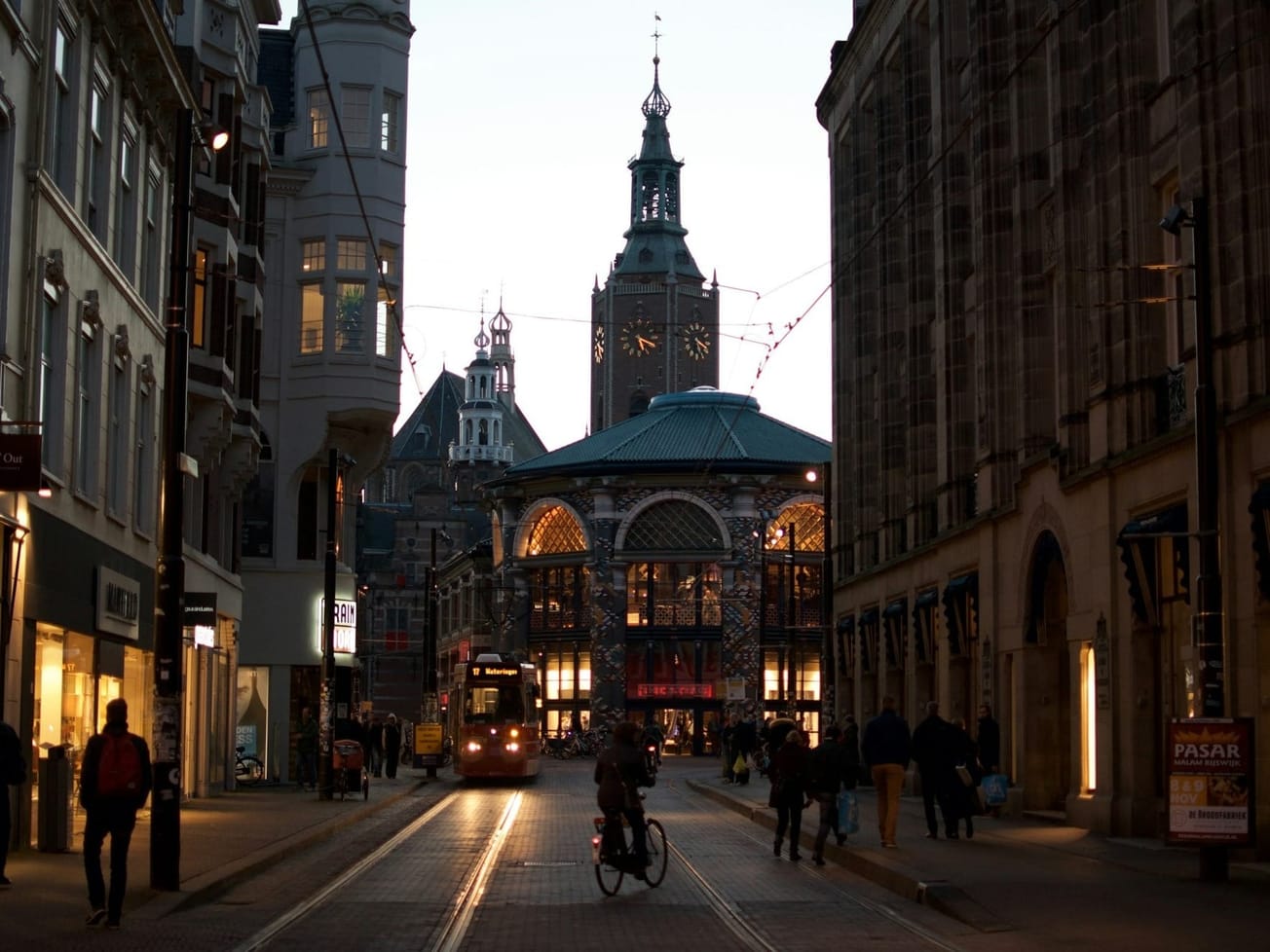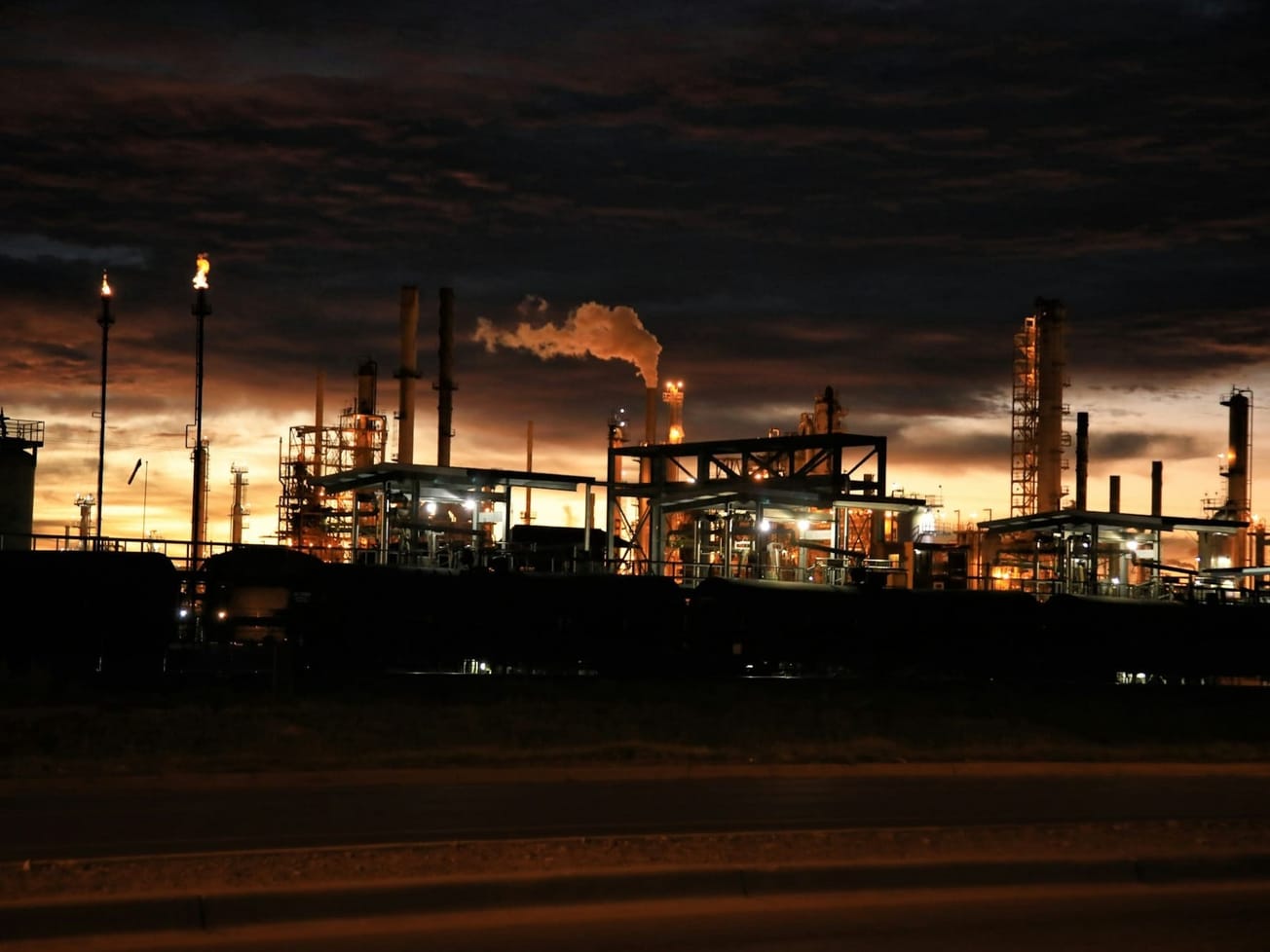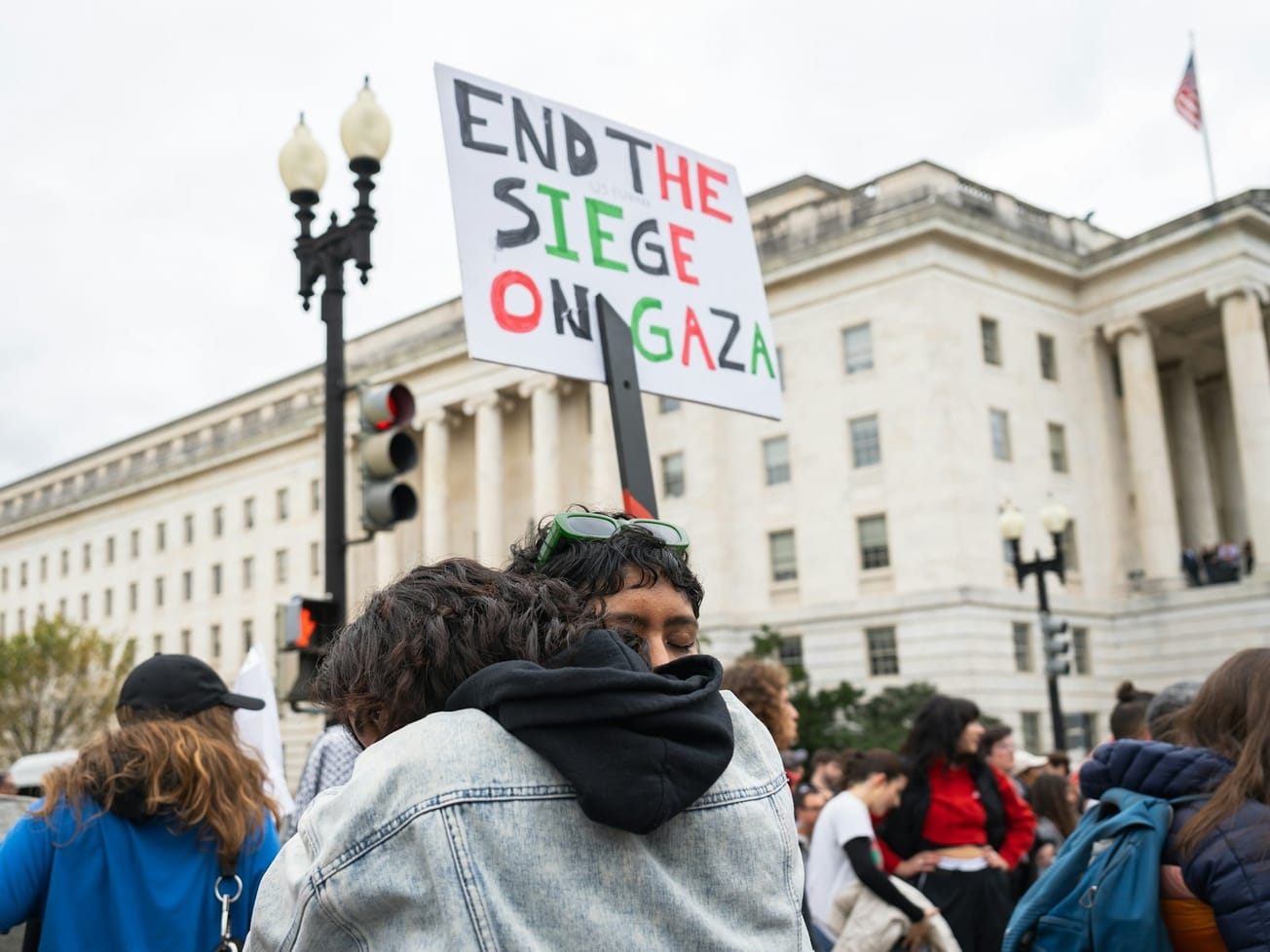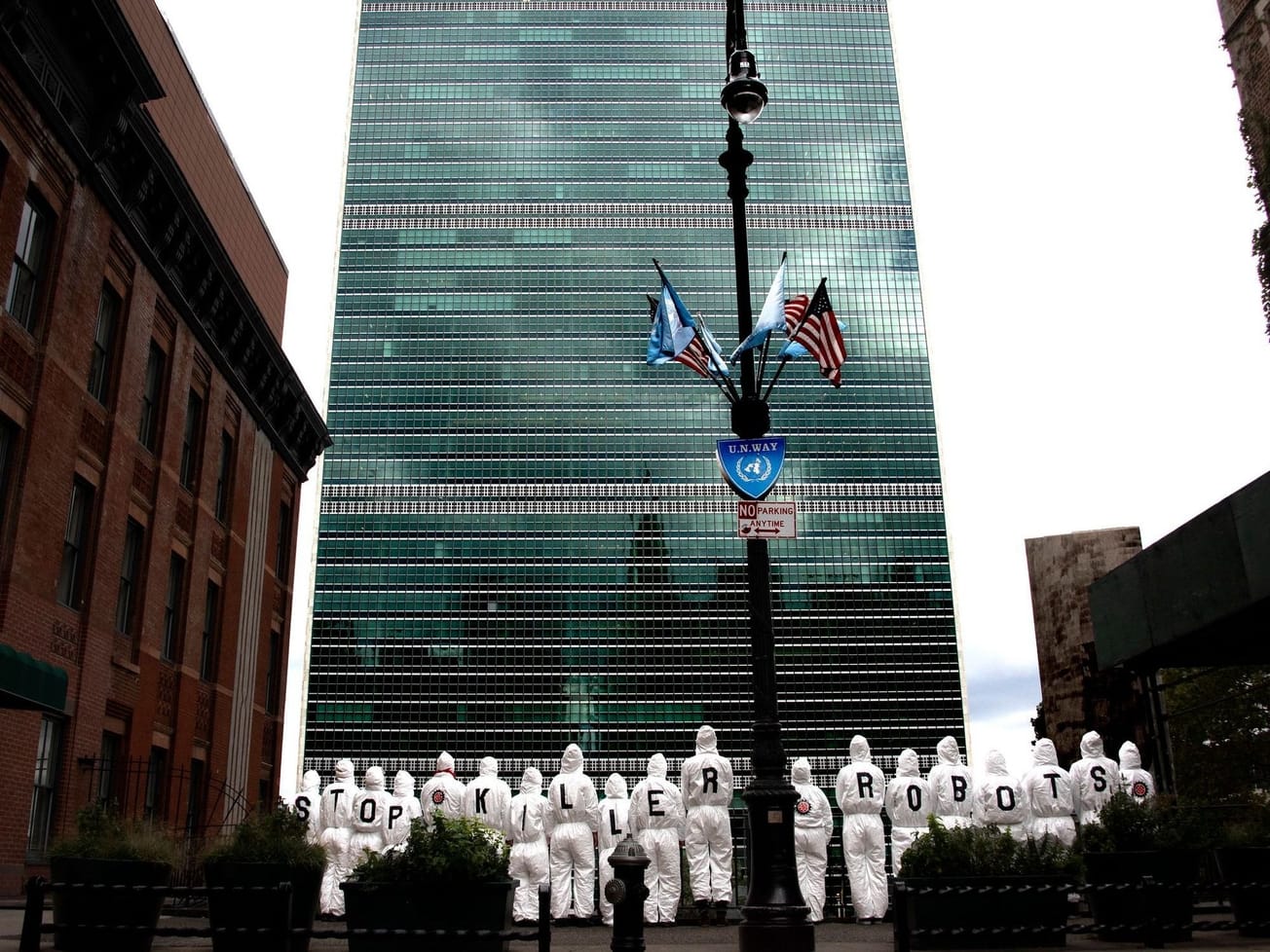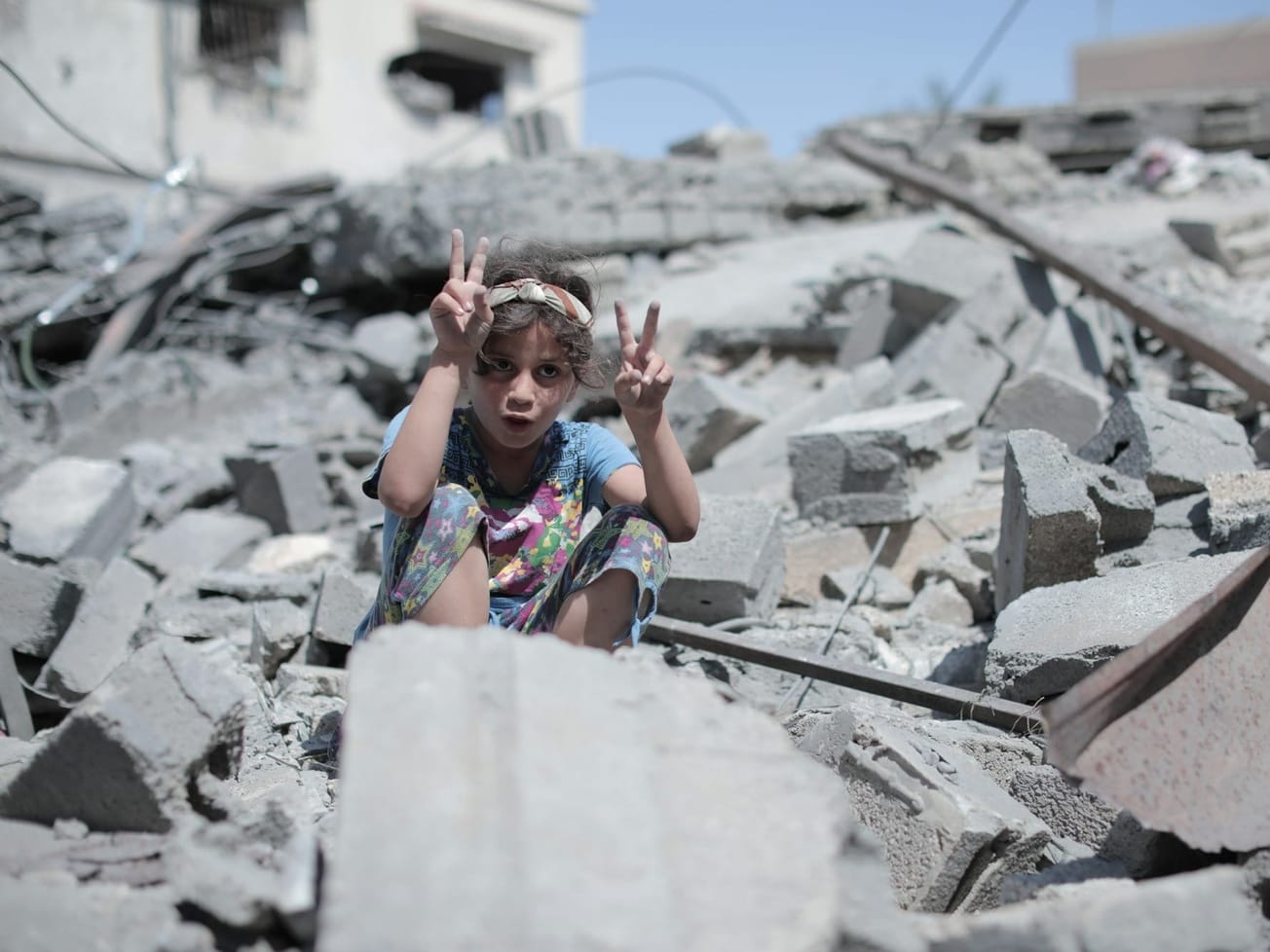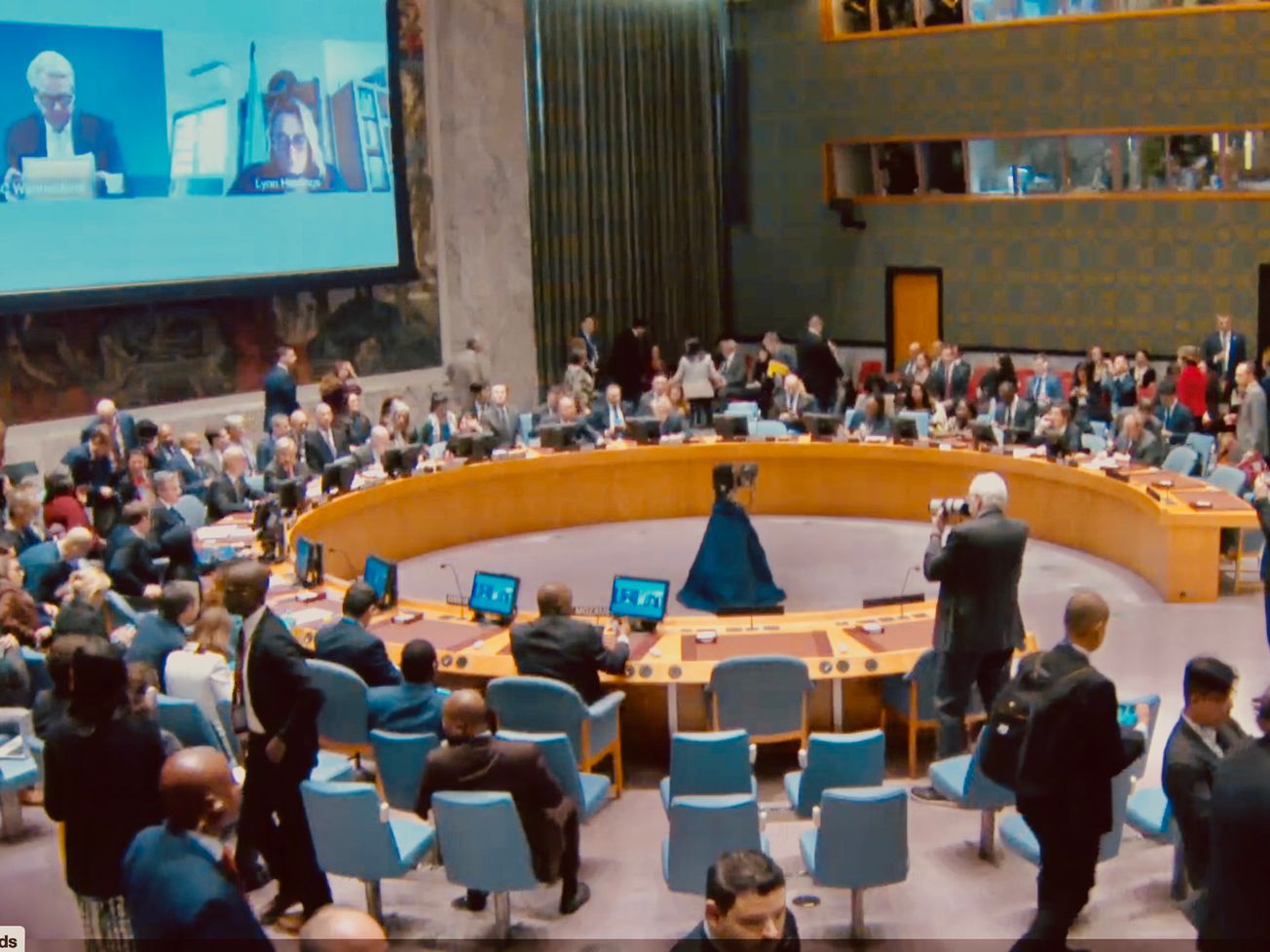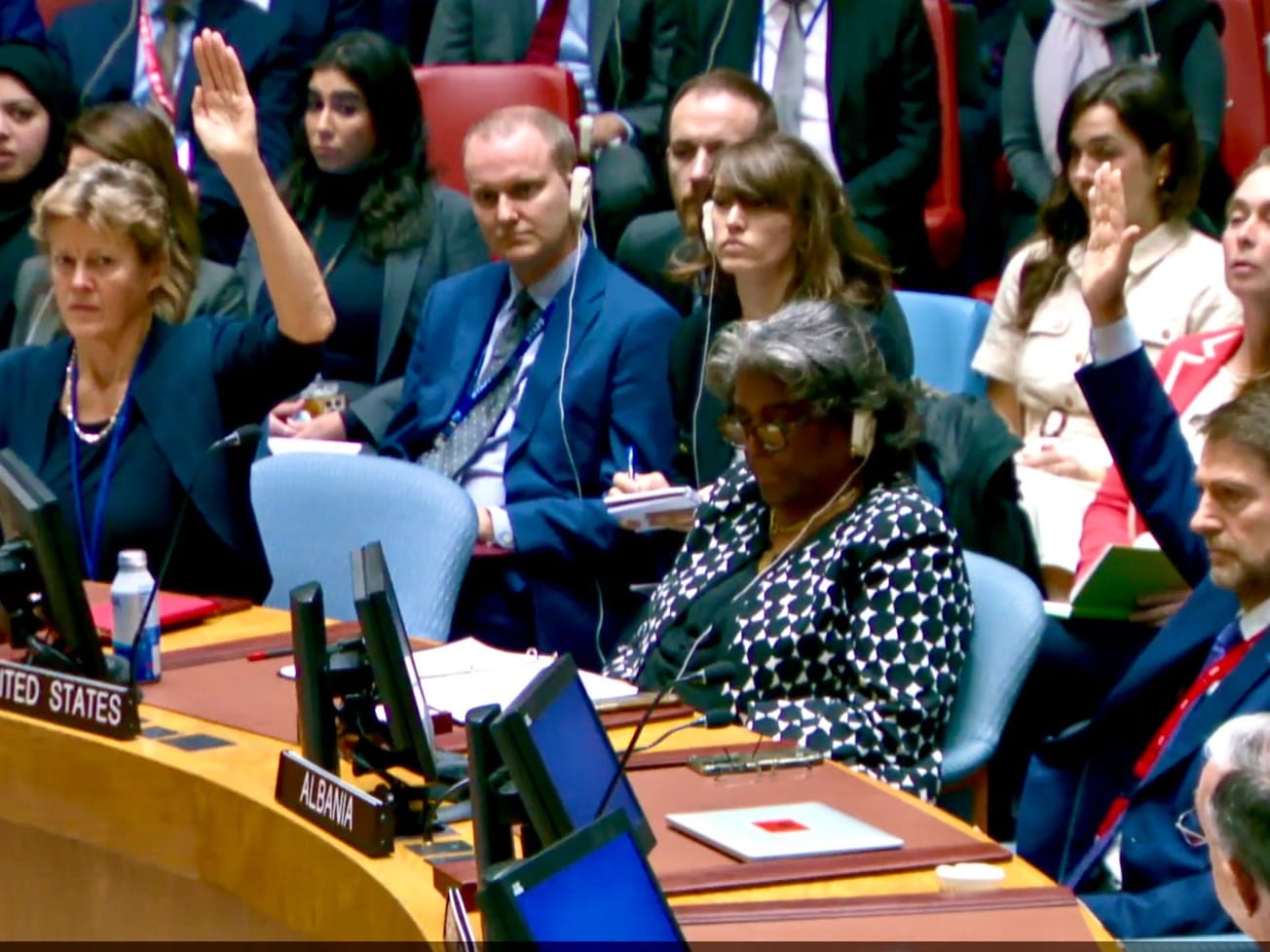
Nations clinch climate deal on 'transitioning away' from fossil fuels
The COP28 accord calls for weaning the world off burning oil, coal and natural gas 'in a just, orderly and equitable manner.'
Already have an account? Log in
The COP28 accord calls for weaning the world off burning oil, coal and natural gas 'in a just, orderly and equitable manner.'
The U.N.'s global humanitarian appeal for itself and 1,900 partners in 2024 already assumes 40% in unmet needs.
Gaza's aid reached a breaking point as Israel fought to destroy Hamas and groups warned Palestinians face starvation.
For the first time since becoming leader of the world body, António Guterres invoked Article 99 of the U.N. Charter.
A handful of fossil fuel producers show no interest in a strong, restrictive and legally binding instrument for plastic pollution.
Oil and plastic producing nations and lobbyists sought more emphasis on recycling instead of production cuts.
Nikki Haley has adopted Trump's hard line against U.N. participation but stopped short of calling for total withdrawal.
This is the third round of talks to develop an international legally binding deal that includes plastic waste in the ocean.
The election adds only the sixth female judge and denies Russia a seat for the first time in the court's 77-year history.
Government plans would blow past limits needed to limit warming to 1.5° Celsius above pre-industrial levels.
Hundreds of people were allowed to enter Egypt from Gaza, which one U.N. official called a 'graveyard' for children.
A first-of-its-kind provision cites an 'urgent need' for nations to address concerns about autonomous weapons systems.
Humanitarian agencies were forced to scale back as fuel and other items were depleted and diplomats were at an impasse.
Israel pounded Gaza with increasingly intensifying airstrikes. The U.N. chief emphasized the rules of war must be obeyed.
The International Energy Agency says it expects a far greater role for solar, wind, and other clean technologies this decade.
The U.S. blocked a Security Council resolution as Russia pushed to omit mention of Hamas or Israel's self-defense.
